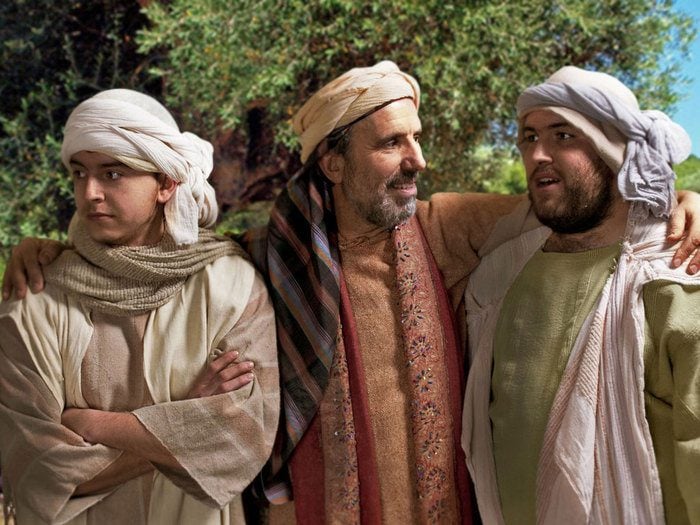My church building hosts not only the American congregation Crooked Creek Baptist Church (which is itself quite diverse in interesting ways), but also two other congregations, one Hispanic and one Congolese. There have been challenges related to the differing cultural assumptions of the various groups, and that has at times led to tensions.
And so I thought it would be interesting to spend some time in my Sunday school class looking at culture as an aspect of Biblical interpretation.
Last Sunday I started us off with some introductory thoughts, and then turned to the parable of the two sons in the Gospel of Matthew (21:28-32).
The story is not hard to understand. What I think we may miss in certain cultural contexts such as my own, however, is how strongly the assumption would have been that the son who said he would go and then did not was the one who behaved more appropriately.
In cultures which focus more on people and events than time and clock-based appointments, it is always possible to not show up for something and to offer an excuse that is likely to be accepted. (Yes, we’ll talk about the parable with the lame excuses another time). But to show direct disrespect to one’s father by saying you won’t go is beyond the pale, and eventually doing what you said you would not scarcely makes up for it. Nevertheless, Jesus pointed out, that son did what his father asked him to, while the other did not. And he uses this as an illustration of the way “sinners” were entering the kingdom of God ahead of the “righteous” – because they were, despite earlier direct rebellion, repenting and doing what God wanted, while the righteous were offering God lip service.
This story was not chosen haphazardly. The same assumptions about time, people, respect, obedience, appointments, responsibilities, insults, and other matters continue to lead to tensions in cross-cultural contexts today.
I’ve long wanted to write a book exploring just why it is that in so many of Jesus’ parables, God, the kingdom of God, or righteousness is illustrated by something or someone that, in Jesus’ cultural context, would have been viewed negatively.
I have also wondered from time to time whether this story is a first draft or summary of the better-known parable about two sons found in Luke’s Gospel.














